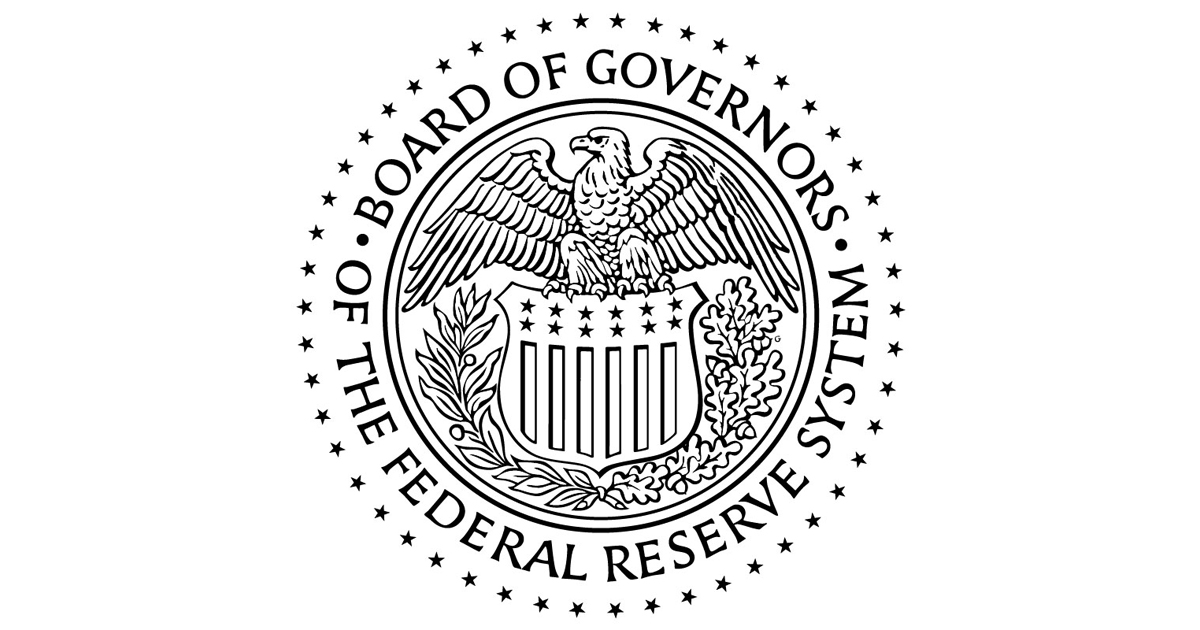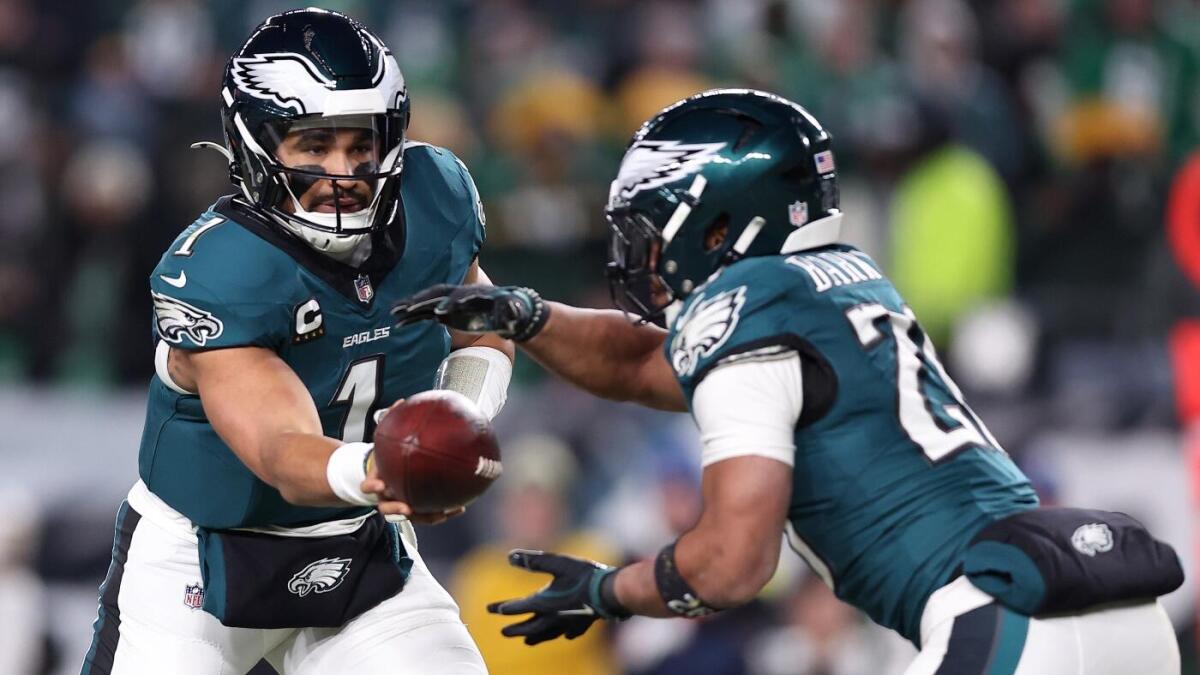The Division I Administrative Committee on Wednesday adopted a proposal that would permit student-athletes and athletics department staff members to bet on professional sports. The rule change must be approved by all three NCAA divisions. Divisions II and III are expected to consider the proposal during their respective meetings at the end of October. If approved by all three divisions, the rule change will be effective Nov. 1.
The NCAA prohibition against betting on college sports — and sharing information about college competitions with other bettors — remains in place. The change also would not impact rules prohibiting advertising and sponsorships associated with sports betting for NCAA Championships.
The committee, which was directed by the Division I Board of Directors to make the change, emphasized in approving the rule change that the action is not an endorsement of sports betting, particularly for student-athletes.

“The Administrative Committee was clear in its discussion today that it remains concerned about the risks associated with all forms of sports gambling but ultimately voted to reduce restrictions on student-athletes in this area to better align with their campus peers,” said Josh Whitman, athletics director at Illinois and chair of the committee. “This change allows the NCAA, the conferences, and the member schools to focus on protecting the integrity of college games while, at the same time, encouraging healthy habits for student-athletes who choose to engage in betting activities on professional sports.”
— Josh Whitman, athletics director at Illinois and chair of the committee
The rule change was also supported by the Division I Student-Athlete Advisory Committee, which requested that the change come with continued and enhanced education and support for college athletes to prevent problem gambling among student-athletes.

“The NCAA Division I SAAC supports the deregulation of the prohibition on sports wagering related to professional sports. We believe this change represents meaningful progress toward a culture that prioritizes education, transparency and support over punishment,” the Division I SAAC executive team said in a statement. “By removing unnecessary barriers, we are hopeful that student-athletes and athletics administrators will feel empowered to come forward, seek help and engage in open dialogue without fear. We are also mindful that conferences and institutions should retain the right to regulate sports wagering activity within their own communities as they see appropriate.
“We are hopeful, and expecting, that the NCAA and its membership will meet student-athletes halfway by providing the necessary education, resources and support systems to ensure well-being and integrity remain at the core of college athletics.”
— Division I SAAC executive team
The NCAA already engages in significant efforts to provide educational resources available to student-athletes about the impact of sports betting, including:
“Abstinence-only approaches to social challenges for college-aged individuals are often not as successful as approaches that focus on education about risks and open dialogue,” said Dr. Deena Casiero, NCAA chief medical officer. “The NCAA will continue to collaborate with schools to help them provide student-athletes with meaningful education and other resources for student-athletes who choose to participate in betting on professional sports. This harm reduction approach gives schools an opportunity to help student-athletes make educated decisions, prevent risky behavior and seek support without fear of impacting their eligibility.”
The change comes as the NCAA enforcement staff’s caseload involving sports betting violations has continued to increase in recent years, in which most of the violations the staff are pursuing involve conduct that directly impacts the integrity of college sports. The NCAA uses a layered strategy with integrity monitoring services to monitor more than 22,000 college sports contests each year to detect unusual line activities or other issues.
In September, the NCAA Committee on Infractions released the first infractions cases for former men’s basketball student-athletes who bet on their own games and in some cases engaged in game manipulation for sports betting reasons. The enforcement staff is also in the process of alleging similar violations for another 13 student-athletes from six other NCAA schools, with additional investigations ongoing.
“The enforcement staff continues to investigate and resolve cases involving sports betting quickly but thoroughly,” said Jon Duncan, NCAA vice president of enforcement. “Enforcement staff are investigating a significant number of cases that are specifically relevant to the NCAA’s mission of fair competition, and our focus will remain on those cases and those behaviors that impact the integrity of college sports most directly.”
What They’re Saying

“The National Council on Problem Gambling supports the NCAA’s effort to modernize its student-athlete sports betting policy to reduce stigma around seeking help for gambling problems. Strict prohibitions on legal activities often have the unintended consequence of driving gambling behavior underground and discouraging student-athletes from reaching out for help if they develop a gambling problem.
“NCPG recognizes that the prior NCAA policy actively discouraged a student-athlete from seeking help should they develop a gambling problem. The revised policy creates opportunities for students to speak openly about their gambling behavior, enabling access to help when needed.
“NCPG stands ready to work with the NCAA and its member institutions to ensure every student-athlete understands the risks of gambling, and that seeking help is always safe, confidential and judgment-free. Together, we can provide responsible gambling education, problem gambling prevention programs and clear pathways to care and recovery.”
— National Council on Problem Gambling

“Division I members are actively working to deregulate NCAA rules where possible, and the Division I Board of Directors remains focused on preserving rules that directly speak to the fairness of college sports competition and the academic successes of college athletes. While NCAA members do not encourage student-athletes to engage in sports betting behaviors of any kind, the timing is right to modernize these rules by removing prohibitions against betting on professional sports and focusing on harm reduction strategies for behaviors that do not impact college sports directly.”
— Tim Sands, president at Virginia Tech and chair of the Division I Board of Directors
Source link

